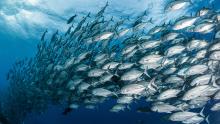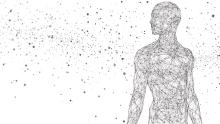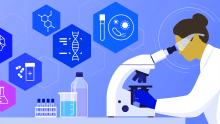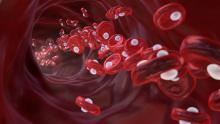Sustainable ICT solutions for our connected world

The continuous rise of mobile communications has transformed how we work, live and play. But the power needed to deliver this growing data infrastructure has an equally large carbon footprint. Through 15 fellowships, the EU-funded GREENEDGE project aims to design energy-efficient technologies and combine them with the efficient management of ambient energy sources to reduce the impact of data services.









